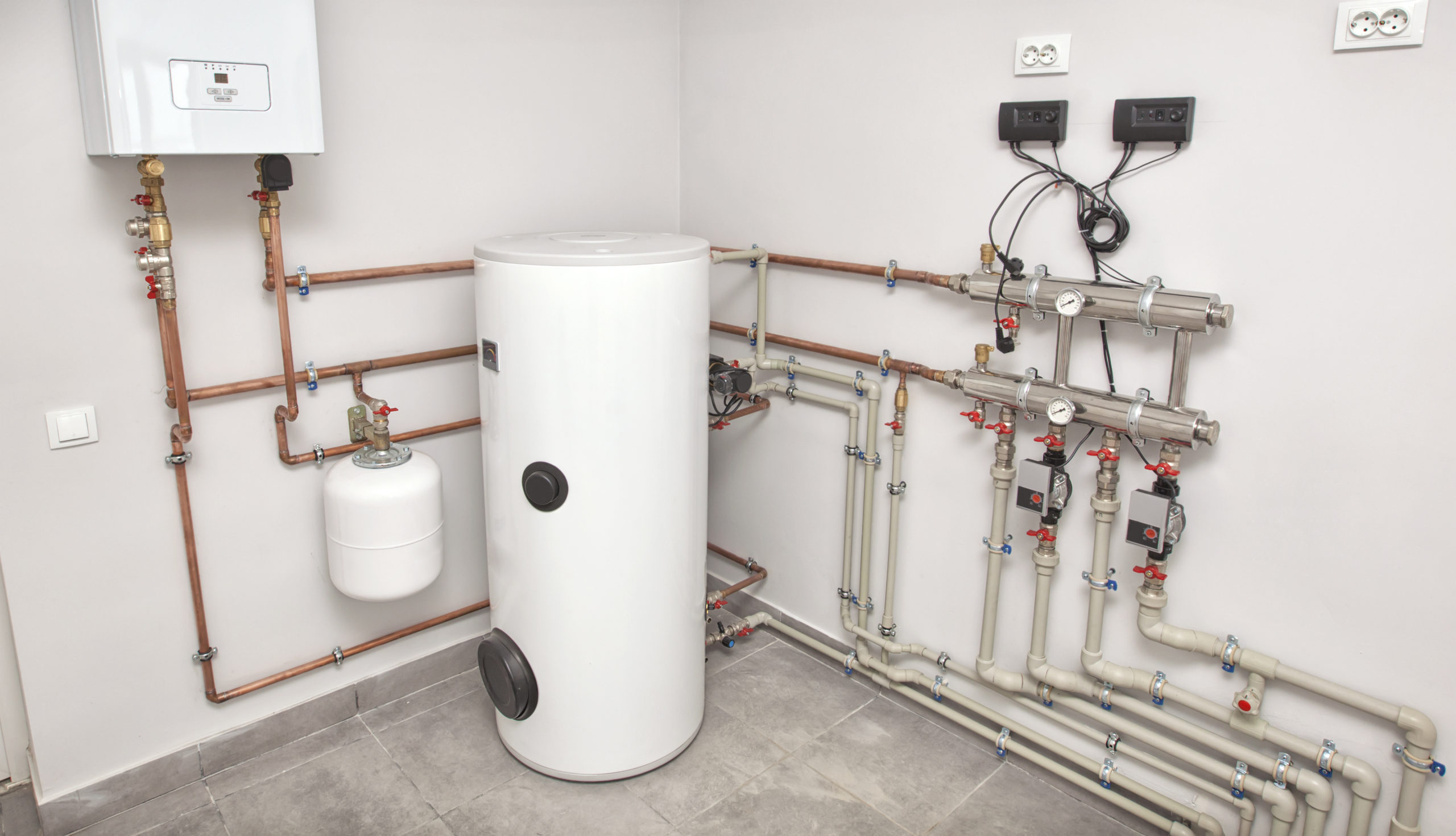
01 Jul. 20
How High-Pressure Water Can Damage Your Pipes
Most of us want to enjoy a shower that has high pressured water, especially in the morning when you are in a rush to go to work. Most of the time, we think a strong shower means the plumbing system at home is working efficiently. While you are enjoying the high-pressure water coming out from your shower, you may want to be careful to avoid a plumbing issue in the future.
High water pressure doesn’t necessarily mean that your plumbing system is safe. Remember, too much water pressure can be bad for your water pipes as it can put enormous stress to your home’s internal piping. In fact, it is one of the most common causes of plumbing issues every homeowner deals with.
So what causes High Water Pressure?
There are different causes of high water pressure you should look out for including:
– Residual buildup pressure. This can be caused by a mechanical backflow prevention device that automatically stops the water inside the pipe from flowing. This device can help your plumbing system from losing pressure but when an incoming pressure occurs, it can be trapped inside the pipes and as time goes by, it can cause high water pressure.
– Faulty water pressure regulator. Water pressure regulator protects your plumbing system against high water pressure but when it is damaged, it cannot provide the protection it was designed to.
High-Pressure Water and Your Pipes
So, how does high-pressure water damage your pipes? With excessive pressure of water flowing through your pipes for an extended period of time, this can erode your pipes and other plumbing fixtures. In fact, it can shorten the life expectancy and efficiency of plumbing fixtures such as your sinks, faucets, washing machines, and toilets. It can also cause water leaks. Remember, even the best plumbing system will have trouble coming up with high-pressure water for a period of time. Too much water rolling through your water pipes can cause shakes and rattles.
If you think you have one, do not hesitate to call a plumber and let him verify the cause. The earlier you take action on the issue, the better. Fixing small problems is easier rather than waiting for it to become big ones and can pose expensive damages to your plumbing system.
